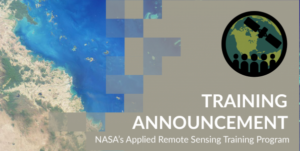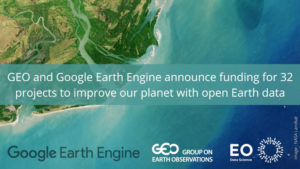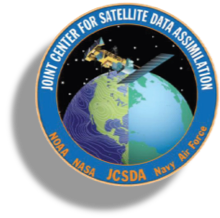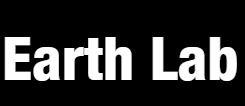|
Category: Uncategorized
JCSDA Announces Public Release of JEDI System!
The Joint Center for Satellite Data Assimilation (JCSDA) is pleased to announce that we are planning the first public, open-source release of the Joint Effort for Data assimilation Integration (JEDI) system this fall.
The proposed initial release of JEDI intends to feature:
-
-
Source code on publicly accessible JCSDA Github repository under open-source license
-
Code needed to run observation operators (aka, H(x) as shown in our near-real-time monitoring application) with GFS and GEOS model backgrounds
-
Code required for the JEDI Academy tutorials
-
A container equipped with the environment to pull JEDI source code from GitHub, build necessary executables, and run data through H(x) for a single data assimilation cycle
-
Documentation and self-paced tutorials posted on the JCSDA website
-
Limited user support will be provided via a dedicated forum monitored by the JEDI users and developers community.
-
The target release date, pending Management Oversight Board (MOB) approval, is October 2020. Future JEDI Academy training sessions will take advantage of the publicly posted code for practical sessions, allowing users to apply what they learn at the Academy to their own JEDI pursuits with ease.
EARTH LAB is Hiring! Director, Analytics Hub Team
The Earth Lab Analytics Hub encourages applications for a Director to help scientists apply groundbreaking analytics approaches to explore Earth systems data to accelerate scientific discovery. The Analytics Hub team includes specialists in remote sensing, scientific computing, statistics, and machine learning. Earth Lab’s mission is to harness the data revolution through research, analytics, and education to accelerate understanding of global environmental change to help society better manage and adapt. Earth Lab is a center within the Cooperative Institute for Research and Environmental Science (CIRES).
The Analytics Hub Director will lead Earth Lab’s Analytics Hub team, acquire external funding for the Analytics Hub, and develop/manage relationships with CIRES, the university research community, and industry, federal, and non-profit partners. Earth Lab is looking for someone with a passion for open data science and a commitment to supporting and building a diverse community pursuing data-driven discovery in environmental sciences.
Application review will begin August 7th.
See full job ad here: https://jobs.colorado.edu/jobs/JobDetail/?jobId=26072
Don’t know how to use Remote Sensing? Upcoming Introductory Webinars!

Introductory Webinar: Remote Sensing of Coastal Ecosystems
August 25, September 1, & September 8, 2020
11:00-12:00 EDT (UTC-4)
Remote sensing of coastal and marine ecosystems is particularly challenging. Up to 80% of the signal received by the sensors in orbit comes from the atmosphere. Additionally, the constituents of the water column (dissolved and suspended) attenuate most of the light either through absorption or scattering. When it comes to retrieving information from the ocean floor, even in the clearest waters, only less than 10% of the signal originates from it. Users, particularly those with little remote sensing experience, stand to benefit from this training covering some of the difficulties associated with remote sensing of coastal ecosystems, particularly beaches and benthic communities such as coral reefs and seagrass. Register here!
*As of August 2020, all ARSET content will be found at https://appliedsciences.nasa.gov/what-we-do/capacity-building/arset.
GEO and Google Earth Engine Announce Funding!

GEOAquaWatch is pleased that 2 projects under our water quality umbrella were selected by GEO and Google for funding Google Earth Engine credits! The Alert System for Algae in Brazil and AquaWatch in the USA. You can read the entire announcement here.




